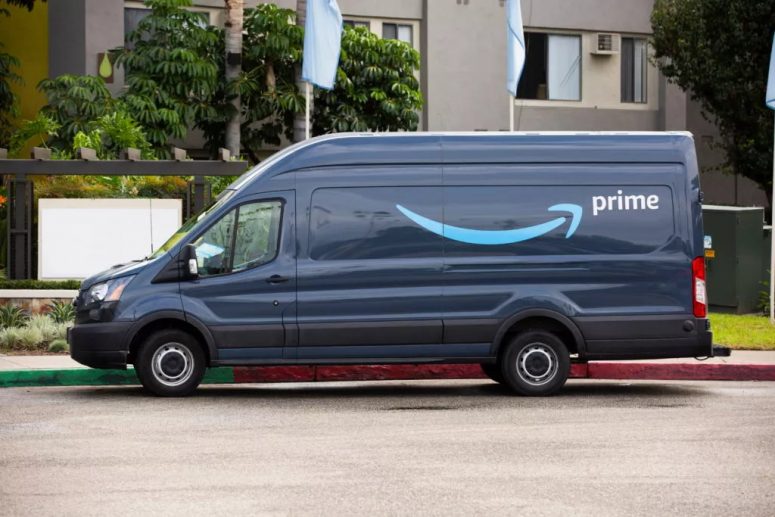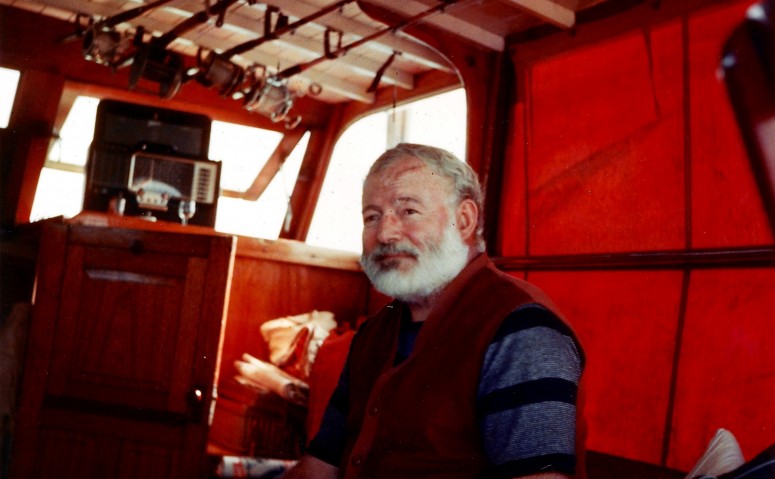Trust the system: Truck shortages and higher border crossing temperatures

Courtesy Shutterstock
I recently watched two documentaries that left me shrugging.
The first was a an hour-long report on the lack of truck drivers. Basically the filmmakers openly wondered about how to correct the truck driver shortage. They never acknowledged that everyone’s packages are still being delivered. And they offered no answers to the proposed problem, even the dead-simple one that capitalism is really good at solving (i.e. paying more) for talent shortages.
“This isn’t my and/or society’s problem,” I remarked to my wife afterwards. It’s Amazon’s, Walmart’s, and anyone else who heavily depends on shipping. Let them figure it out. With trillions of dollars at stake, they’re highly motivated to do so. No need to worry. Next!
The second documentary openly wondered about what to do about rising temperatures at our Southern Border, which are sadly killing a growing number of immigrants. While I appreciate the documentary’s concern, the filmmakers implied this was society’s problem to fix. And not by reversing climate change, mind you. Rather, the government should do something to help migrants withstand hotter temperatures as they sneak into America, the documentary asserted.
This too, left me shrugging. Maybe just put up signs warning people who exercise free will of the heightened temperature risks and call it a day? Or trust that migrants will increasingly make the attempt during cooler winter temperatures. They have brains too, ya know.
I don’t mean to be insensitive, but the level of distrust for the systems that are actually making the world a better place surprise me.
The world is getting better. Maybe not as fast as you like, but it’s getting better. And there’s no evidence to suggest that trusting in the system actually hinders progress.
You can have both trust and progress. The two aren’t mutually exclusive. In fact, humans are very good at building systems of trust that work more than they fail… while making progress. Trust in that.
Next!

